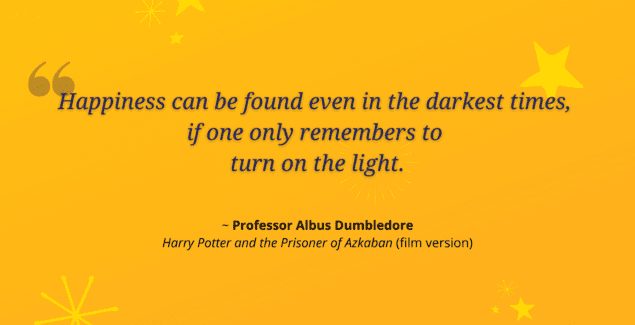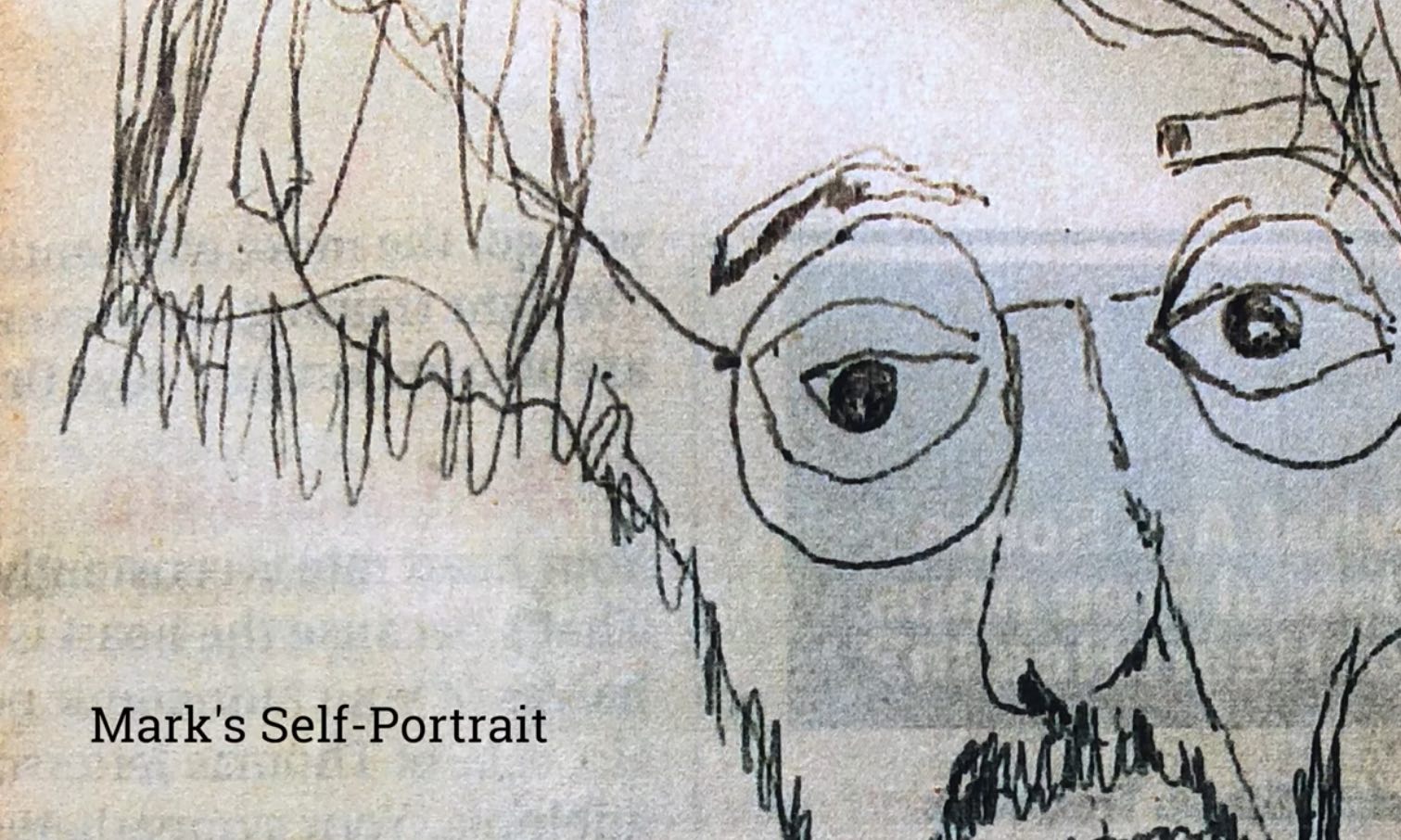Rise of The YA (Young Adult) Novel

Posted in: Hot Topics, Podcast, Teenagers, Young Adults
Topics: Hot Topics
When I was young, the neighborhood bookstore had a distinctive arrangement. It almost always looked something like this:
The front table? Spy novels and books about tennis.
The books at the counter? More spy novels and books about travel.
An entire section was devoted to Kurt Vonnegut. Stephen King was celebrated, but also relegated to the dark corners of the horror section.
And then, surrounded by paintings of happy giraffes and contented fairies, there was the children’s literature section. It was almost indistinguishable from a preschool classroom. There was some good stuff there, to be sure, but it was all muddled together—Stuart Little shared his shelf next to picture books like Mike Mulligan’s Steam Shovel. The Rats of NIMH was about as highbrow a read as I could find. In fact, I distinctly recall feeling a bit transgressive, even naughty, whenever I found myself browsing the “literature” section. This was a section for bushy-eye-browed seriousness and people who drove things like cars. And, it being the 70s, there were of course more books about tennis.
The term “Young Adult Fiction” did not even seem to exist.
But that, as Mr. Lucas told us, was a long, long time ago in a galaxy far, far away.
Today, it may just be that Young Adult Fiction, or “YA fiction” as it is often called, will emerge as the great savior of publishing in general. Ask anyone in the publishing industry; if you don’t have a YA author in your shop, you are behind the trend. Kids are snarfing up books at rates that were unheard of even twenty years ago.
As a novelist and a practicing child psychiatrist, I feel strongly that this is a very good thing. We know that the overall rate of kids who read has increased. We know as well that many of the themes inherent in YA novels are immensely relevant to coming of age in our complicated world. Whereas it was once thought that the existential angst of books like the wonderful A Wrinkle in Time (which I have read about 400 times) were about all kids could handle, a whole cadre of brave new authors have brought to the table nuanced and complex storylines, steamy and realistic romances, and authentic reckonings with the beautiful cynicism that characterizes burgeoning adolescence. We’re not just talking Harry Potter here; books like Thirsty and Feed by M.T. Anderson, the intricate complexity of stories like Catherine Fisher’s Incarceron, and of course the heart-wrenching tales from John Green (A Fault in Our Stars, for example) have shown us all that kids can handle a whole lot more than we once thought.
And how do we make sense of this new-found boom? Why the relatively sudden surge?
Well, it turns out that the books that are marketed to young adults are now being read by us all. A study conducted by Bowker Market Research showed that more than 25% of those who purchase YA novels are older than age 18. It seems that these books not only touch our coming-of-age teens, but also ring true more universally across ages, and even ethnicities. It’s also the case that themes of fantasy and magic appear to dominate this particular market. We’d argue that just as Tolkien’s marvelous tales came of age in a difficult and painful Cold War era, the current use of fantasy serves to make today’s tribulations more tolerable and understandable as well.
As one might expect, books make their way into psychotherapy all the time. An adolescent will just happen to bring in a new novel (I’m a shrink, so I am happily suspicious of anything that “just happens”), and then my session with that teen will involve a careful dissection of the frustrations of being powerless in books like The Maze Runner, or the pain of facing death in The Fault in Our Stars, or the futility of war and prejudice in The Knife of Never Letting Go. As has always been the case with fantasy, we displace our fears into outlandish settings in order to better tolerate the anxieties of our very real and frightening world.
So, go back to the bookstore and wander around. The YA novels section is endless! The choices are varied and the stories unique. The opportunity to read a book with your child has never been more appetizing. Take advantage of the new era—it sure beats looking for books in a transplanted preschool.
For a discussion on the movie “The Fault in Our Stars,” and how it reveals the true emotional capacity of our teens, listen to the podcast at the top of this post.
Podcast intro music written and performed by Dr. Gene Beresin.
Outro music performed by Dr. Gene Beresin.

 Share
Share Tweet
Tweet





